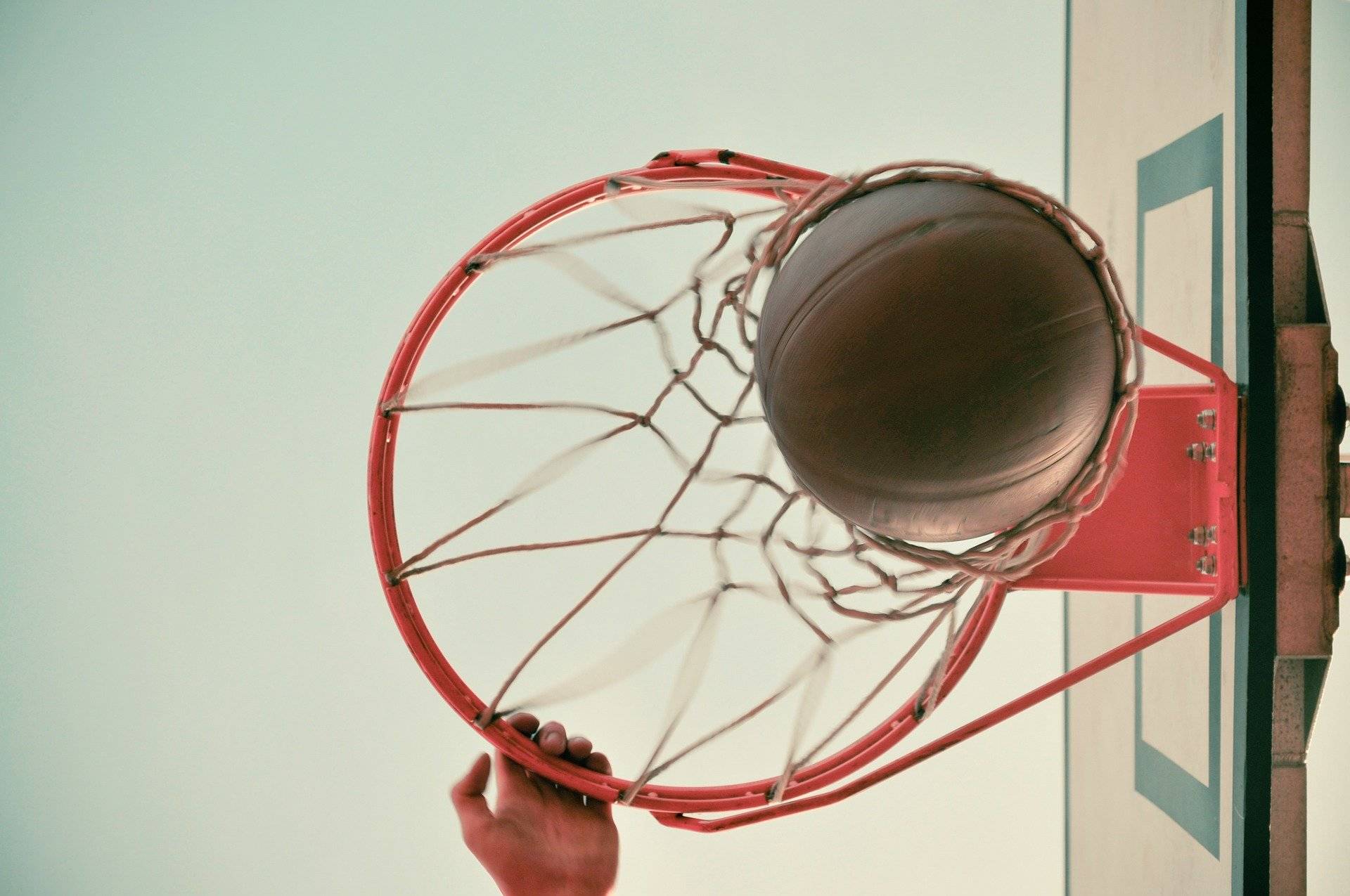By James Matthews
In September, a documentary entitled the Problem of Pain dove into the physical and mental health issues that plague a handful of former NHLers. Powerful, prescription pain medication has ruined their post hockey careers. Side effects and addiction are prevalent. It’s hard to watch The Problem of Pain and not think of different ways to treat the inevitable injuries that occur in the life of a professional athlete.
Cannabis springs to mind. In particular, CBD.
As one Canadian Evergreen contributer, Selina May, points out: “CBD itself is much more important when it comes to the physical benefits of cannabis for runners. The main benefit of CBD for workouts seems to be in its anti-inflammatory properties. In an interview for Leafly, the well known ultramarathoner and cannabis user Avery Collins disclosed that he uses cannabis to improve his running recovery, ‘to cut down not only on the fatigue but you can calm the muscles and shoot down a lot of that inflammation.’”
The lowest possible recovery time from injured or sore muscles is paramount. This is why you see players rushed back from the sidelines. Think of the newly toothless grin of a hockey player that had a full set of teeth 20 minutes ago, or a basketball player with a facemask that looks like a backup prop for Phantom of the Opera.
ALSO READ: West Coast MMA fighter to be first-ever sanctioned cannabis athlete
Injuries also seem to be on the rise. The equilibrium of the professional athlete has been thrown off by COVID-19. Seasons or games are paused then replayed in tight conjunction and with this, the pounding an athlete’s body takes becomes more jarring. The marathon becomes an off-rhythm sprint.
Nobody knows this better than the athletes themselves. Connor McDavid, a perennial NHL most outstanding player candidate, said the league would be “stupid” not to explore the benefits of CBD. One of the biggest stars of the NFL, Rob Gronkowski, literally bought into CBD as a recovery agent and pain reliever.
Gronkowski has since returned to the NFL, perhaps buoyed by a removal of punishment and less testing for cannabis use. The league reneged on longstanding, heavy-handed policies against cannabis use in April 2020. Starting the subsequent season, players will no longer be suspended for positive cannabis tests.
With the four major male North American sports leagues – the NFL, NHL, MLB, and NBA – in mind, regulations are changing. The NFL policy moved similarly to the NHL and MLB.
The MLB was the forerunner, removing it from the league’s banned substances list in December 2019. The MLB became the first league in North America to do so.
The NHL does not endorse the use of cannabis. But, NHLers cannot be suspended for positive cannabis tests. “Abnormally high levels” of cannabis products does, however, get them in a meeting room with a doctor or physio. In a league that is ultra-secretive around injuries, this can stigmatise the entire experience.
There are other stigmas intertwined in these policies overall. Regulations against substances are usually built with performance enhancing drugs in mind, namely steroids. These carry a heavy presence amongst players and fans as steroids are often seen to create an unfair advantage. In a similarly increasing fashion, cannabis products are policed for and punished like excessive use of alcohol.
Along a similar vein, when the MLB removed cannabis from the league’s drug policies last year, the comparison was made to alcohol.
A similar stigma surrounds the NBA as described to NBC by former NBA player Al Harrington.
“People think that players come to the game high. If that were the case, and they were that irresponsible, why don’t players play drunk? We all know there’s a time and place for everything. We go out and compete at the highest level in the world.”
At the start of the 2019-2020 season, about this time last year, testing was rampant. Rack up three positive tests in a season and a player is suspended for five games. But, when the league was forced to pause due to COVID-19 and then resumed in a bubble format, the league announced it would not test for cannabis.
The NBA has yet to resume play following that bubble tournament. As such, what’s next for testing and policies remains to be seen.
However, the positive here is progress. You only have to go back to the early 2000’s to find a time when cannabis use could put you out of the league. This is especially true for Ricky Williams. Starring for the Miami Dolphins in the NFL, Williams was a dominant force. After being one of the top players in the league in 2002 and 2003, Williams failed a drug test ahead of the 2004 season.
A $650,000 fine and a four-game suspension loomed. Instead, Williams took the entire 2004 season off and retired from football. Though he returned in 2005, he was never the same player. After officially calling it quits in 2012, Williams has since become an advocate for cannabis.
It’s a full circle moment. Not unlike Williams running the football in his prime, momentum is building and rushing towards more accepted use of CBD by professional athletes. Only time will tell if this momentum results in a touchdown or a fumble.

